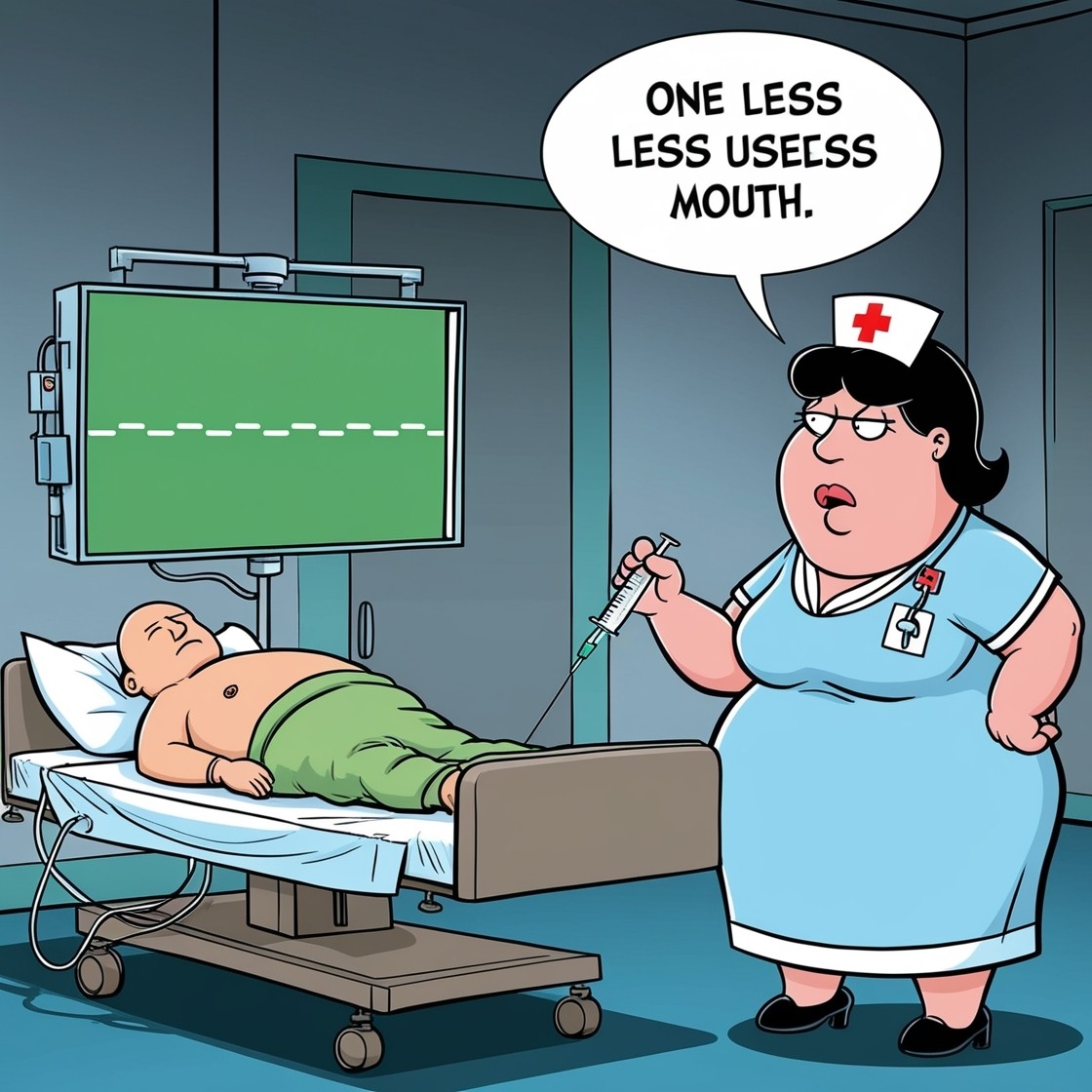
On the 16th October, the first reading in the House of Commons took place of the Terminally Ill Adults (End of Life) Bill, a Private Member’s Bill introduced by Kim Leadbeater (Labour). The long title of the bill is A Bill to allow adults who are terminally ill, subject to safeguards and protections, to request and be provided with assistance to end their own life; and for connected purposes.
This is a highly controversial Bill which has been subject to much public debate. MPs rejected a similar Bill in 2015. The Bill would apply to England & Wales, though similar legislation is planned in Scotland (Liberal Democrat MSP Liam McArthur has drafted the Assisted Dying for Terminally Ill Adults (Scotland) Bill), though in October 2024, Scottish Health Secretary Neil Gray said the proposed legislation went beyond the limits of Holyrood’s powers and was a matter for Westminster. Legislation is also planned in Jersey and the Isle of Man.
One of the main protagonists in favour of the Bill is Dame Esther Rantzen. She previously revealed she had lung cancer and had joined Dignitas, the assisted dying clinic in Switzerland.
The Prime Minister, Sir Keir Starmer, said that before the general election he had promised Dame Esther a debate and a free vote on assisted dying. He said he would stick to this commitment and confirmed the government would remain neutral.
Some of the prominent voices against include Wes Streeting, the Health Secretary, the Archbishop of Canterbury, Justin Welby and Dame Tanni Grey-Thompson. Angela Rayner and David Lammy both voted against the 2015 Bill.
Assisted dying, assisted suicide and euthanasia are all illegal in the UK. Both the BMA and Royal College of Nursing have neutral positions on assisted dying.
The international picture is mixed. Switzerland has allowed assisted suicide since 1942 and its Dignitas facility began operating in 1998.
The organisation accepts foreign patients as well as Swiss nationals, and said it had 1,900 UK members in 2023, a 24% rise on the previous year.
Between 1998 and 2023 Dignitas helped 571 Britons to die.
Assisted suicide is also legal in Austria.
In the US, eleven states - Oregon, California, New Mexico, Colorado, Washington, Hawaii, New Jersey, Vermont, Maine and Washington DC - allow "physician-assisted dying".
It permits doctors to prescribe lethal drugs for self-administration.
Voluntary euthanasia is legal in Canada where it is called medical assistance in dying. It can be provided by a doctor or nurse practitioner, either in person or through the prescription of drugs for self-administration.
It is also legal in Spain and Colombia, both of which also permit assisted suicide.
Assisted dying is legal in some parts of Australia but the law differs across states. It is not permitted in either the Northern or Australian Capital territories.
New Zealand's End of Life Choice Act legalises assisted dying and allows adults in their final months of life to request assistance from a medical professional.
Three countries have laws that allow people who are not terminally ill to receive assistance to die: The Netherlands, Belgium and Luxembourg.
The arguments for and against are often very emotive, based on personal family experiences. For my own part, my concern is less about whether or not to support it, but the ability to put legal safeguards in place to ensure the law is not abused. The almost habitual way that the 1967 Abortion Act is misused does not give me confidence.
For those of a religious persuasion, the sanctity of life in Christian doctrine makes for a simple decision. The Bill has been introduced as a Private Member’s Bill to avoid the King being compromised between his apolitical position as Head of State and his position as Supreme Governor of the Church of England. This is why the proposed Bill was not in the King’s Speech or the Labour Party manifesto. This repeats the process used to protect the Queen in 1967 when the Abortion Act was introduced as a Private Member’s Bill by David Steel.
The second reading of the Bill is scheduled for 29 November.
Are you for it or against it? Let us know in the comments.
Richard Scott.